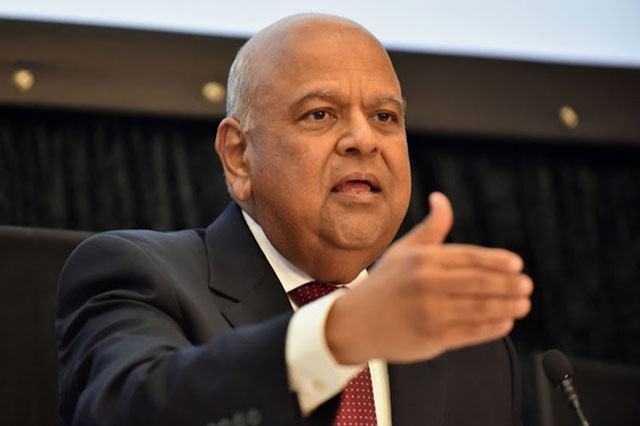Cape Town – Lawyers representing Public Enterprises Minister Pravin Gordhan have reportedly said that the judgment of the Pretoria High Court on load-shedding is unclear, impractical to implement, and violates the rule of law.
Gordhan’s notice of application for leave to appeal challenges the order that he must take all reasonable steps within 60 days to ensure an adequate supply of electricity to state schools, health institutions, and police stations.
According to his lawyers, the court order is vague because it requires the minister to determine what constitutes “reasonable steps” and how to coordinate actions with other government entities, which they argue is inconsistent with a valid and constitutional order, Times Live reported.
The appeal notice further argues that the court’s order differs from what the parties involved in the case requested.
The applicants specifically asked for an order that Gordhan takes reasonable steps to procure alternative sources of electricity, such as generators or solar power. However, the court’s order was more onerous and placed a burden on Gordhan to ensure sufficient supply or generation of electricity to prevent load-shedding.
ALSO READ | EFF slams Gordhan’s ‘inhumane’ decision to challenge load shedding exemption ruling
In March this year, ActionSA, the United Democratic Movement and 17 other political parties applied to the court to have schools, clinics, hospitals, police stations and other government institutions exempted from load shedding. The court ruled in their favour in May.
At the time, the minister had indicated that he would apply for leave to appeal the ruling.
In papers filed at the Pretoria High Court on Wednesday, the minister says he does not have the power to generate and or ensure electricity supply to the listed public facilities, reported EWN.
He argues that it would require several government departments and more than 60 days to procure alternative sources of energy and install them in the more than 13 000 public facilities, the report said.
Gordhan says that the far-reaching ruling violates the doctrine of separation of powers by ordering a minister to carry out a function he does not have legislative jurisdiction to implement.
Follow African Insider on Facebook, Twitter and Instagram
Picture: Twitter/@bgkielie_mbe
For more African news, visit Africaninsider.com
Compiled by Betha Madhomu


